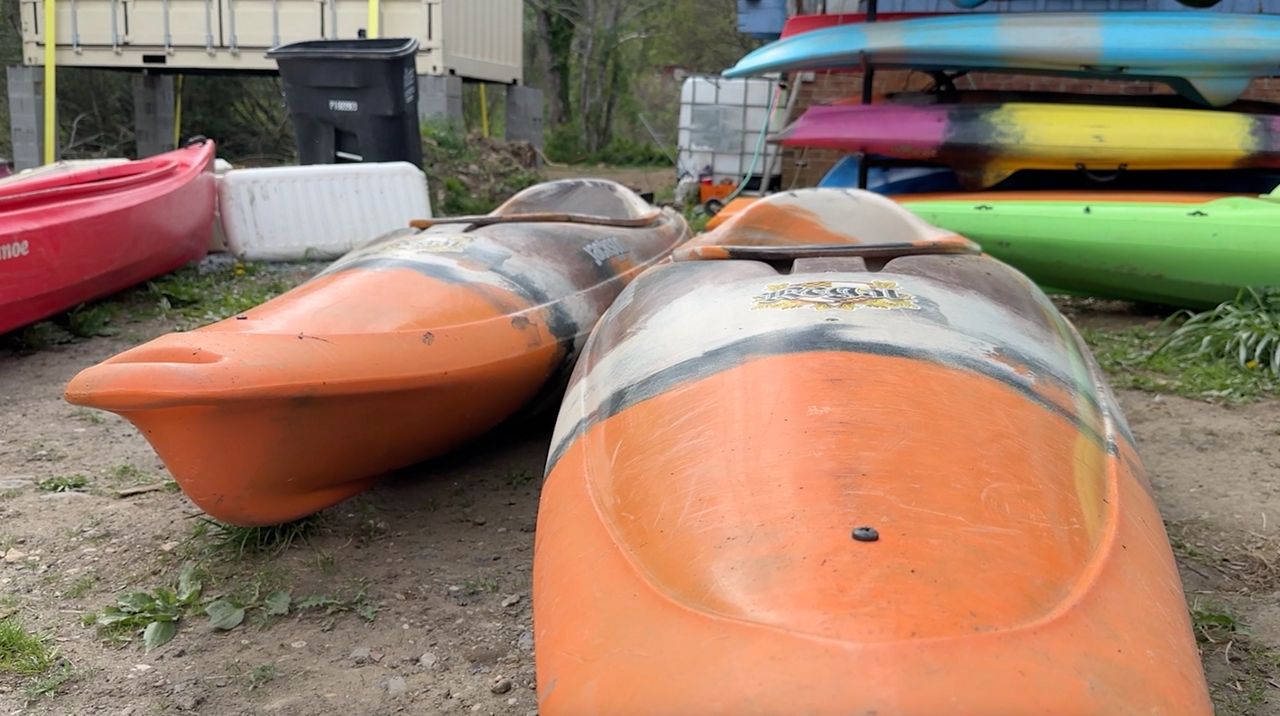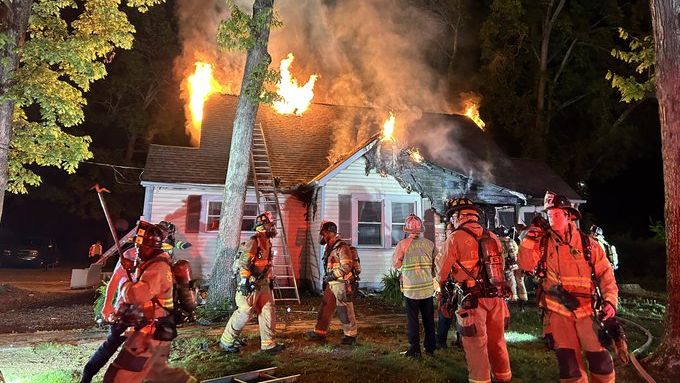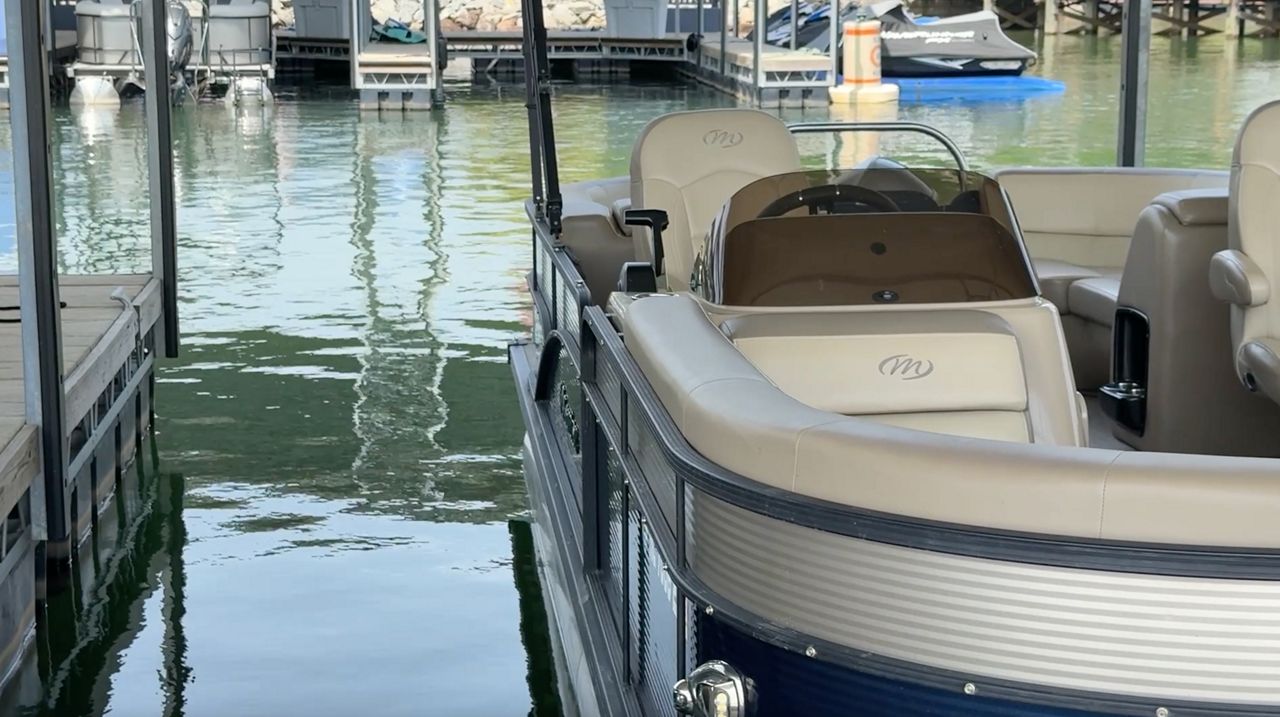CHARLOTTE, N.C. — The nation's overall infrastructure grade has improved to a C, up from a C-minus, according to the American Society of Civil Engineers' 2025 infrastructure report card.
The professional engineering group credits the improvement to recent federal investments but says more needs to be done, especially when it comes to the stormwater category.
While the overall grade is up, the stormwater category received a D. The report, released every four years around 18 categories, states that the infrastructure in place is in poor shape as aging systems become more vulnerable to extreme weather.
In North Carolina, 1,307 dams are considered to be a high hazard potential.
“Storm drainage infrastructure is something that we don't think about every day, particularly on sunny days where we're driving over pipes, culverts,” said Alyssa Dodd, Charlotte-Mecklenburg Storm Water Services communications manager.
Engineers in the 2025 report say stormwater is a vital part of a city’s infrastructure despite being heavily underfunded.
“Here in Charlotte, we have a very large storm drainage system. It's a network of pipes and culverts, open drainage systems like drainage ditches, and so part of that network, because it is so expansive, that is a challenge that we face,” Dodd said.
Most utilities rely on service fees, but utility systems report it’s still not enough to cover maintenance. Nationwide, federal funding covers only about 30% of what is needed, and the engineer group predicts a $690 billion gap by 2044.
“We have a stormwater services fee, and that fee is dedicated specifically for these types of infrastructure projects,” Dodd said.
The risks of underfunding can be great as the ASCE says old systems can affect public health, threaten the water supply and place excessive strain on infrastructure.
“If you don't make improvements in the storm drainage system, there can be increased risks for street flooding as well as structure flooding,” Dodd said.
As a result, the City of Charlotte has dedicated service fees as the funding source for improvements. From that funding, Storm Water Services says in 2024, it has installed more than 34,000 feet of pipe, completed more than 5,000 erosion control inspections and is in the process of improving more than 22,000 feet of streams.
“Looking ahead on when we need to improve our infrastructure is critical to support our thriving city, and part of the work that we do is asset management,” Dodd said. “So we're always gathering data on the condition of our assets and we're estimating the lifespan of that so we can be prepared to make those improvements.”
Last year, Storm Water Services says those service fees helped fund more than 275 projects and invest over $80 million in storm drainage improvements.
The ACSE reports that stormwater is not the only concern. In North Carolina, bad roads cost each driver $500 per year and nearly 10% of the state’s bridges are in poor condition.
North Carolina’s full infrastructure report will be released in 2026.







)




